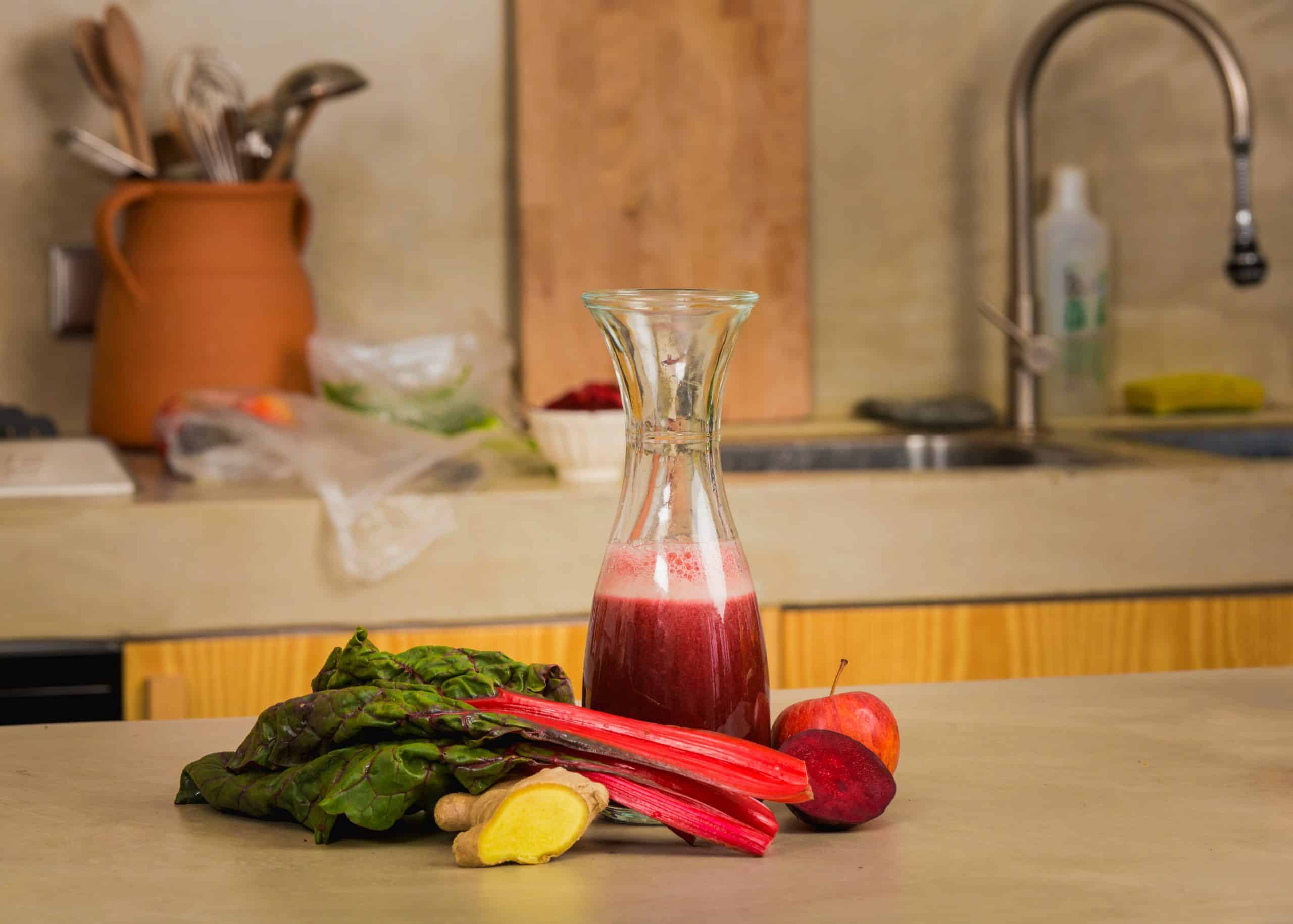What’s the Best Diet for a Parrot with Liver Disease?

Birds, especially parrots, are subject to a host of health issues. Bird liver disease is one of the more common illnesses to affect parrots. As a bird owner, you will understandably be concerned about your feathery friend’s wellbeing, and knowing what foods are best for a parrot with liver disease can be crucial to their recovery. Notably, diet plays a pivotal role in managing liver disease in birds. Here, we explore how to modify the diet of a parrot with liver disease, focusing on the consumption of seeds, pellets, nuts, and high-protein foods.
Understanding Bird Liver Disease
Before we delve into the dietary requirements, it’s essential to gain a basic understanding of what liver disease entails in birds. The liver is a critical organ in birds, just as it is in humans. It’s responsible for many important functions, including digestion, detoxification, and maintaining overall health.
A découvrir également : What’s the Most Effective Way to Treat Submissive Urination in Puppies?
Liver disease in birds, especially parrots, can be a result of several factors, such as obesity, exposure to toxins, and poor nutrition. In many cases, a diet high in fatty foods and low in natural nutrients can contribute to the development of liver disease. As such, a crucial part of managing bird liver disease lies within dietary changes.
The Role of Diet in Managing Bird Liver Disease
The diet of a bird, particularly a parrot, plays a significant role in managing liver disease. In fact, diet is often considered the cornerstone of treatment. It is through the foods that your parrot consumes that the liver can be given the best chance to repair and recover.
A voir aussi : How to Customize a Training Program for a Deaf Dalmatian?
Improving your parrot’s diet is not just about cutting out harmful foods; it’s also about promoting foods that will support liver health. This includes foods high in essential nutrients and low in fats.
Switching from Seeds to Pellets
A typical mistake that bird owners make is feeding their parrots a diet primarily composed of seeds. Seeds are high in fats and can contribute to obesity and subsequent liver disease in birds. Instead, consider switching your bird’s diet to pellets.
Pellets are specially formulated to provide birds with a balanced and nutritious diet. They contain the right mix of proteins, fats, and carbohydrates, as well as essential vitamins and minerals. For a parrot with liver disease, a pellet-based diet is often recommended.
While switching from seeds to pellets, remember that this transition should be gradual. Suddenly changing your parrot’s diet could cause stress and digestive issues.
The Importance of High-Protein Foods
Protein plays a significant role in a bird’s diet, especially for those with liver disease. The liver requires protein to help repair damaged cells and maintain overall health.
High protein foods, such as lean meats and legumes, can be beneficial for a parrot with liver disease. However, it’s important to remember that not all protein sources are created equal. Ensure that the protein foods you provide are low in fat and easily digestible.
Incorporating Nuts and Other Healthy Fats
While a diet for a parrot with liver disease should be low in fat, it shouldn’t be completely devoid of it. Healthy fats, such as those found in nuts, can be beneficial for a bird’s overall health. Nuts like almonds, walnuts, and pine nuts can provide essential fatty acids necessary for your parrot’s wellbeing.
However, moderation is key here. Nuts should be incorporated into the diet in small amounts, as they are still high in fats. Overconsumption may further stress the liver.
In conclusion, the best diet for a parrot with liver disease is one that is balanced, nutritious, and specifically tailored to support liver health. As a bird owner, it’s your responsibility to ensure that your feathery friend gets the best possible care to aid in its recovery. It’s always best to consult with a vet or a bird nutrition expert when devising a diet plan for a parrot with liver disease.
The Necessity of Fresh Fruits and Vegetables
In the quest to improve your parrot’s diet and manage liver disease, the inclusion of fresh fruits and vegetables is vital. These fresh foods are rich in vitamins and minerals that are essential for the overall health of your parrot. They also aid digestion, provide hydration, and have anti-inflammatory and antioxidant properties that help protect the liver from further damage.
Fruits like apples, bananas, and berries can be beneficial due to their high vitamin content, especially Vitamin C which supports liver function. Similarly, vegetables such as carrots, broccoli, and bell peppers can provide essential nutrients. Remember to wash fresh produce thoroughly to remove any remnants of pesticides that could potentially harm your parrot’s sensitive body.
However, not all fruits and vegetables are suitable for parrots. Avocados and rhubarb leaves, for instance, are toxic to birds and should be avoided. Additionally, be cautious with the quantity of fruits due to their high sugar content. Too much sugar can contribute to fatty liver disease in parrots.
The Power of Milk Thistle for Liver Support
Milk Thistle, a plant known for its medicinal properties, has been used for centuries to treat liver disorders in humans. Recent studies suggest that it could also be beneficial for parrots with liver disease. Milk Thistle contains a potent antioxidant known as silymarin which aids in protecting the liver from toxins and helping it to regenerate.
Silymarin acts as a detoxifier by removing harmful substances from the liver, thus reducing inflammation and preventing further liver damage. Additionally, it stimulates protein synthesis, which aids in the regeneration of damaged liver cells.
Including Milk Thistle in your parrot’s diet could be a game changer in managing liver disease. However, it’s important to consult with your vet before introducing any new supplements into your parrot’s diet.
In Conclusion
In closing, managing liver disease in parrots is heavily dependent on a well-rounded and balanced diet. A combination of pellets, high-protein foods, a moderate intake of nuts and seeds, fresh fruits and vegetables, and potentially beneficial supplements like Milk Thistle can make a real difference.
Bear in mind that while diet plays a huge role in the management of liver disease, it should be paired with regular veterinary check-ups to monitor your parrot’s health. It’s also essential to remove any sources of toxins in their environment, such as smoke or certain types of plants, that could contribute to liver disease.
It’s clear that our feathered friends require a great deal of care and attention, especially when dealing with health issues such as liver disease. As parrot owners, it is our responsibility to provide the best care possible, and that starts with understanding what they should eat. Remember, a balanced diet is not just essential for managing liver disease, but for maintaining your parrot’s overall wellbeing. With the right care and attention, your parrot can live a long, healthy, and happy life.
